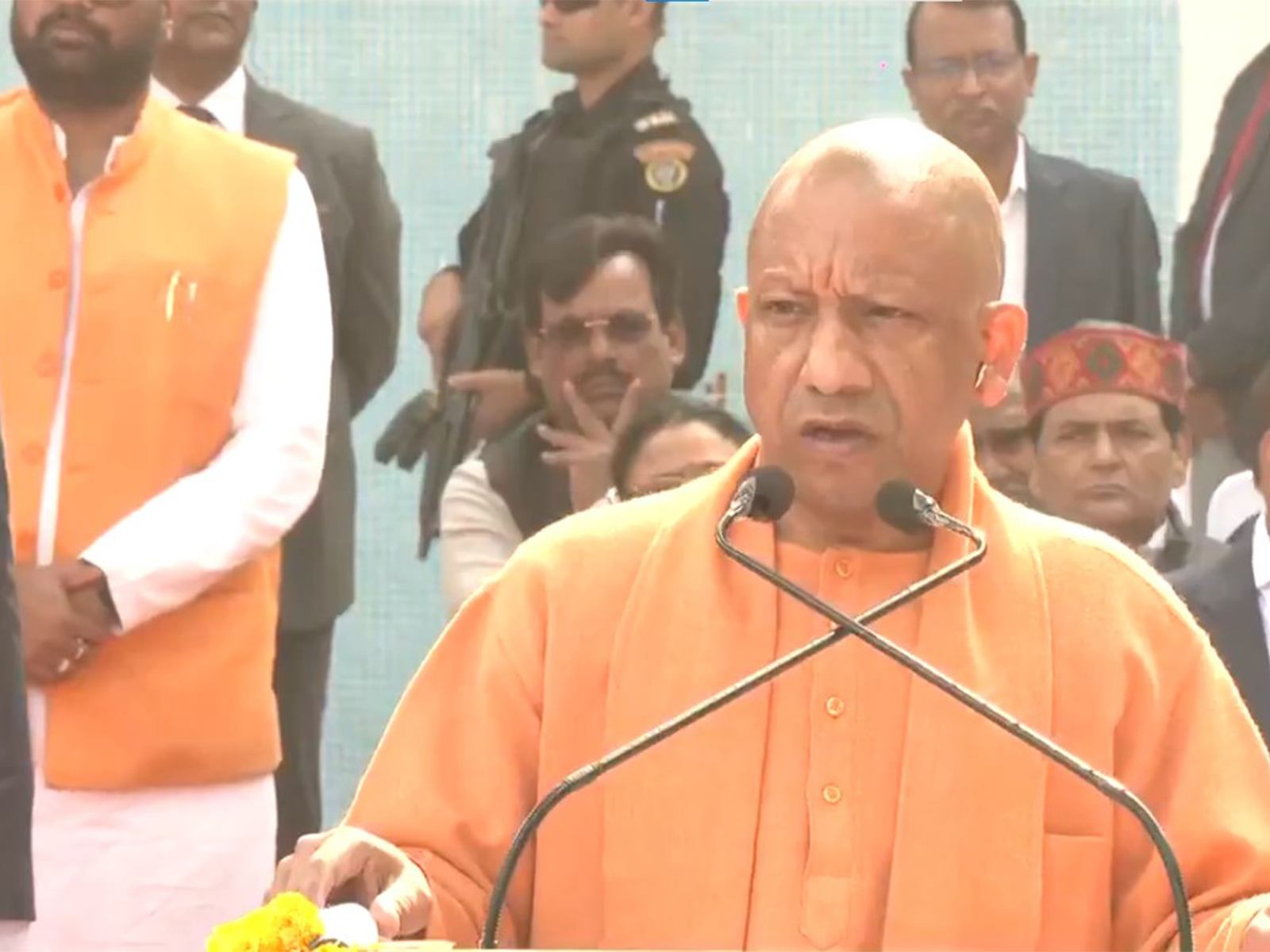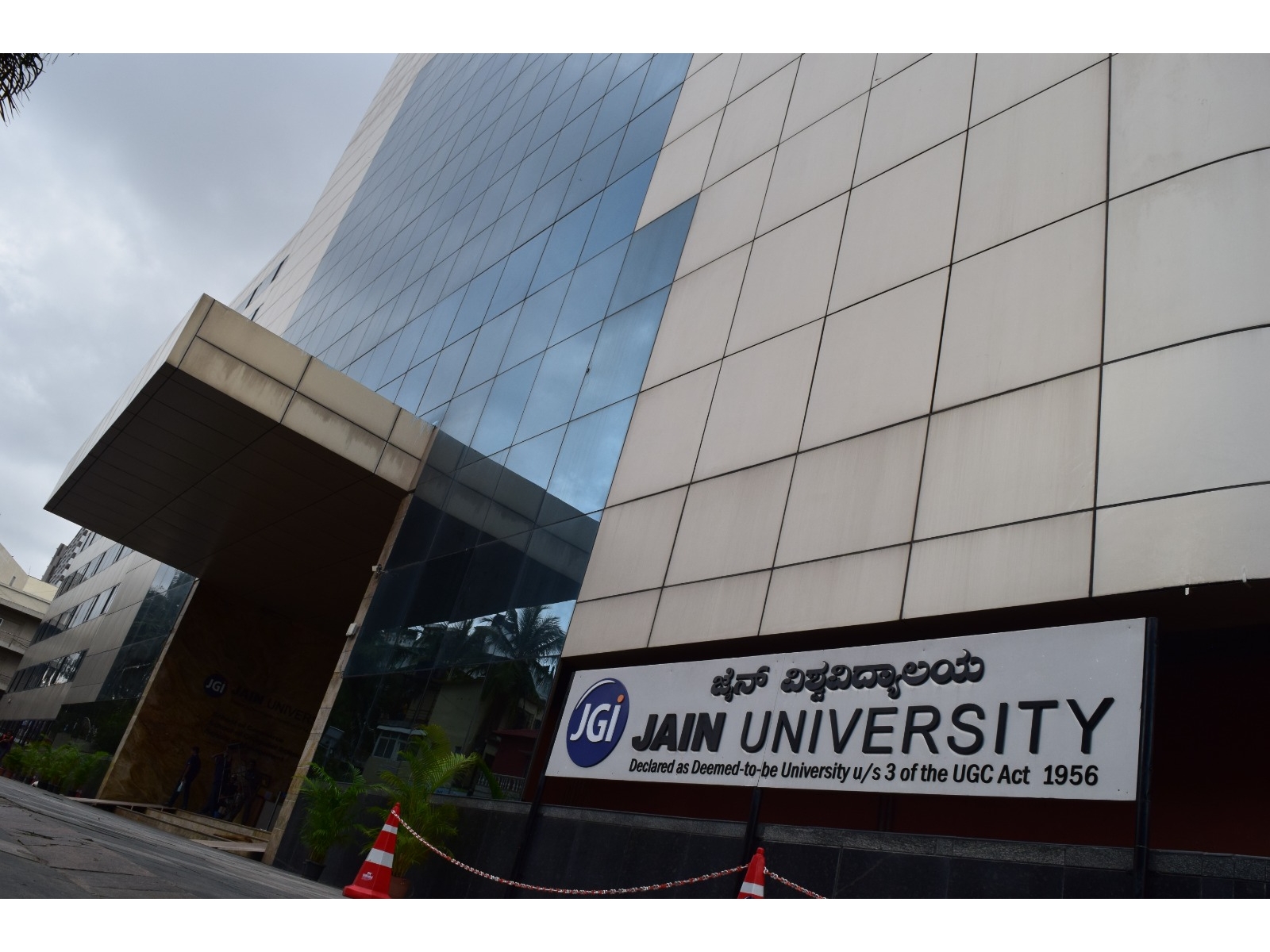'Precision farming' scientific methods boost agriculture in India: Report
Dec 11, 2021

New Delhi [India], December 11 : 'Precision farming' scientific methods boosts which involves the application of information technology in the field of agriculture will boost the farming sector in India.
Immemorial, agriculture as a profession has had a lasting impact on the economy as well as the quality of life of the common Indian. However, even with the use of novel technology and rapid advancements in the field of research & development, there has been less than expected progress in the agricultural or animal husbandry or fishery sector over the past many decades, according to the Saudi Gazette.
Precision farming would ensure that remote sensing is used to conduct various operations like finding out the best tillage, application of fertilizers, harvesting methods, irrigation processes which reduces investment but increases production intensively.
Though the Green Revolution of the 1970s and 1980s did seem to have made a strong impact in terms of increasing the crop yield and boosting agricultural productivity if failed to penetrate through relatively less well-off states.
As some states that were already better-off saw advancements in the fields of irrigation, pesticides, and seed growth, other states that should have also benefited from the same could not.
On the other hand, Green Revolution ensured the rapid growth and India became much more self-sufficient as well as avoided a dependency on other countries for large-scale import of food items, to end the famine or starvation either, according to the Saudi Gazette.
However, because of small farm holdings size in India, precision farming has seen limited application in India.
Despite that, there is tremendous potential in the same as way of increasing sustainable agriculture in the country.
On that note, Samhitha, India's first precision farming advisory, clocks 30 percent higher yield for citrus crops in Telangana and Andhra Pradesh.
Recently, the Indian Council for Agricultural Research developed 35 special quality varieties, which would lead to a substantially higher product yield and these varieties are intended to be biofortified in nature and aimed at seriously tackling challenges of malnutrition and climate change as well with the help of 'Precision Farming'. .
















